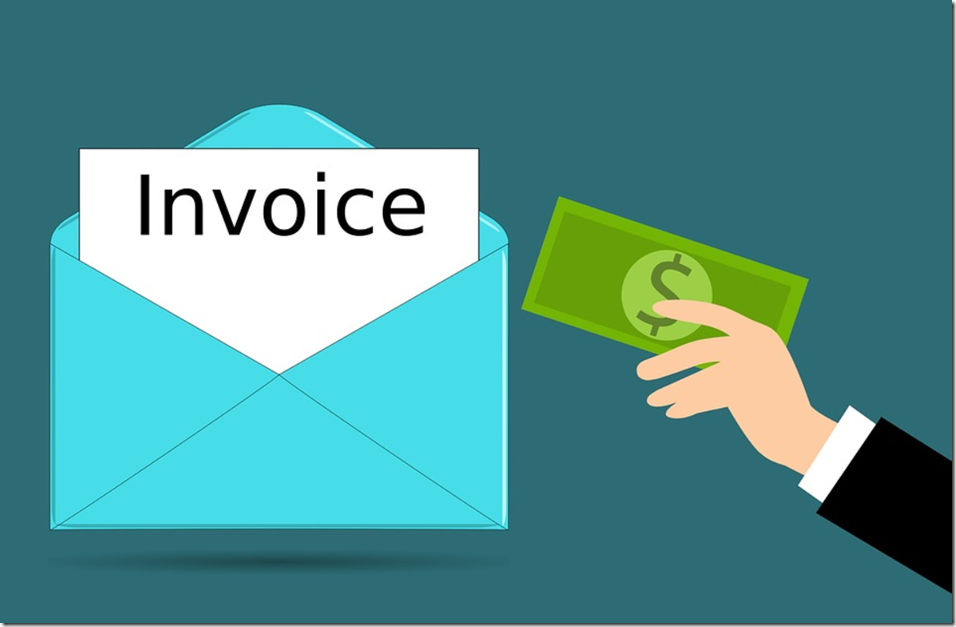Photo by Mohamed Hassan / CC0 1.0
Late payments are the bane of a business owner’s life. They limit cash flow and prevent you from paying your own bills. In the aftermath, suppliers feel disgruntled, your stock runs low, and perhaps you can’t pay your employees. Whatever the effects, it’s safe to say, they’re not pretty. Unfortunately, this is something that typical business insurance policies don’t cover.
So how do you deal with late paying customers and clients? We’re glad you asked because there are a few simple measures you can take to protect you and your business.
Discuss terms upfront
Before you provide a service or a product, make sure that your customer or client understands the payment terms. Some business clients assume that they have 30-days to make payment while others may even assume they have three months. Be sure to clearly outline how soon they must pay so they can budget accordingly.
Ask for 50% deposits
Some service providers ask that their clients make a deposit of up to 50% of the full payment before they carry out any work. This 50% should ensure that your own expenses are covered and allows you to pay your employees or suppliers on time. Not all clients or customers will agree to this, so again, be upfront and honest about your plans.
Make late payments fees part of your terms
Late payment fees are a great way to discourage clients from taking advantage of the line of credit you extended. Once this is clearly outlined in your original payment terms, then they can have no complaints when you charge them extra for being late. Ideally, you’ll never have to charge them as this is more of a deterrent than anything else.
Offer discounts for upfront payments
A 5% discount for full payment upfront is a nice benefit that many of your customers and clients will jump at. While you may make a bit less on the deal, the security of having that payment upfront is well worth the cost. Just ensure that the discount doesn’t mean you lose money on the deal. No need to be too generous!
Consider a short-term loan
If all of your measures to limit or prevent late payments have failed, then you may find yourself in a position where cash flow is low and paying your own bills or employees’ wages is a struggle. In this case, a short-term loan could be the solution. Even if your credit score has taken a beating due to matters outside your control, a short-term lender will still be able to help you. While it’s not an ideal scenario, it does provide you with a safety net of sorts should your clients fail to make payment on time.
Don’t offer credit
This is the toughest one of all but the most effective. If you set a policy that all services and products must be paid for upfront, then you’ll never have a problem with late payments. You may feel like this isn’t possible, but it’s your business, and you can set your own terms. If you are providing high-quality service that guarantees satisfaction, then your clients and customers won’t think twice about paying upfront.
Unfortunately, late payments are part and parcel of business life. Dealing with them could be the difference between staying afloat and shutting up shop. So take a moment to consider the tips outlined above before agreeing to providing a service without upfront payment.







